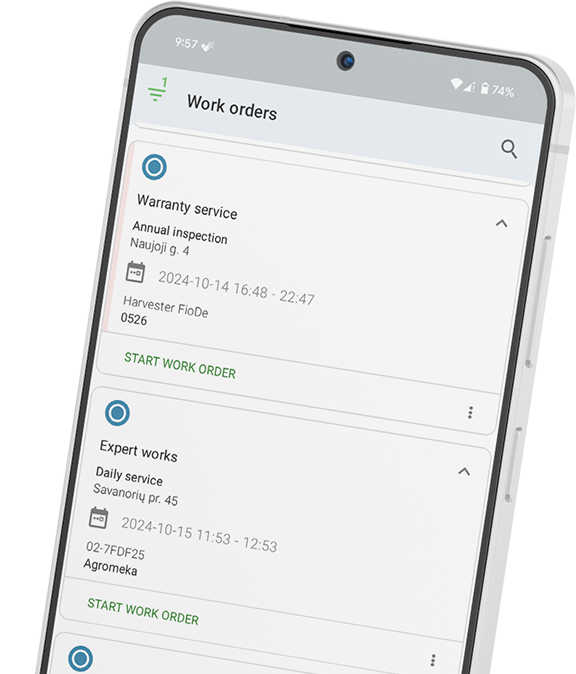Bring simplicity to your field service operations.
Our list of integrations is updated frequently. Explore each integration in its own separate page for more information.
When talking about field service management, the word “strategy” is not one you’ll see being used very often. The FSM industry has been operating under such a strict and rigid form that market participants followed the blueprint that was put in front of them.
The evolution of service operations management and the specialization of software to address specific sectors is slowly yet steadily breaking that mold, making room for strategic decision-making. Nowadays, managers get to choose between Security Management Software, Heavy Equipment Software, or any other digital solution that solves vertical-specific problems.
Field service managers can now work from a position of power. Their decisions are no longer centered around logistics and administrative tasks but around productivity, ROI, and increasing efficiency. Let’s take a closer look at what field service management strategy means through the prism of today’s FSM ecosystem.
A field service strategy is a long-term plan of how to deliver cost-effective and customer-focused services while keeping field service technicians engaged and motivated. A modern strategy seeks a fine balance between doing more with the resources you have while increasing customer satisfaction.
Field service organizations are now understanding the difference between simply using field service management software to solve daily problems and using them as part of a greater, long-term plan.
We’re still in the early days of FSM strategy. The space is still open for interpretation and the companies that will manage to use FSM software as a strategic tool will be the ones that will rise to the top fast. Modern technology is evolving at a rapid pace and keeping up means so much more than simply using the software.
New technologies need to have a strategic role when trying to navigate changing circumstances. Do your research and choose the software that can help you set up your strategic plan.

Our list of integrations is updated frequently. Explore each integration in its own separate page for more information.

Link copied!